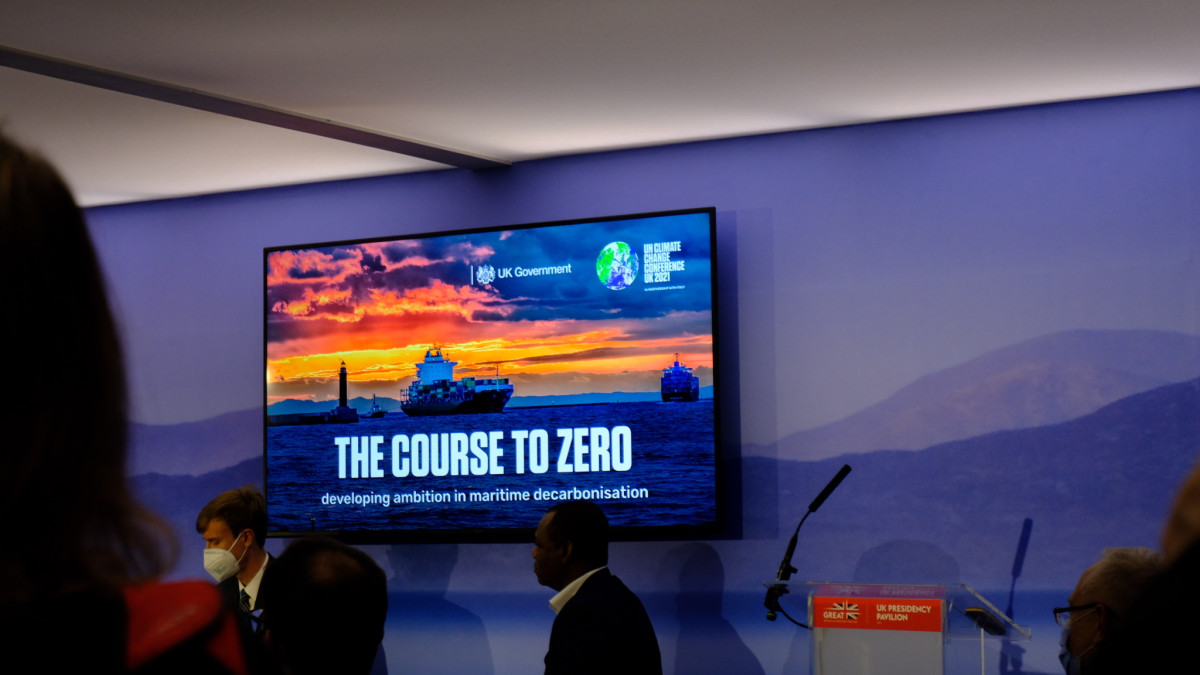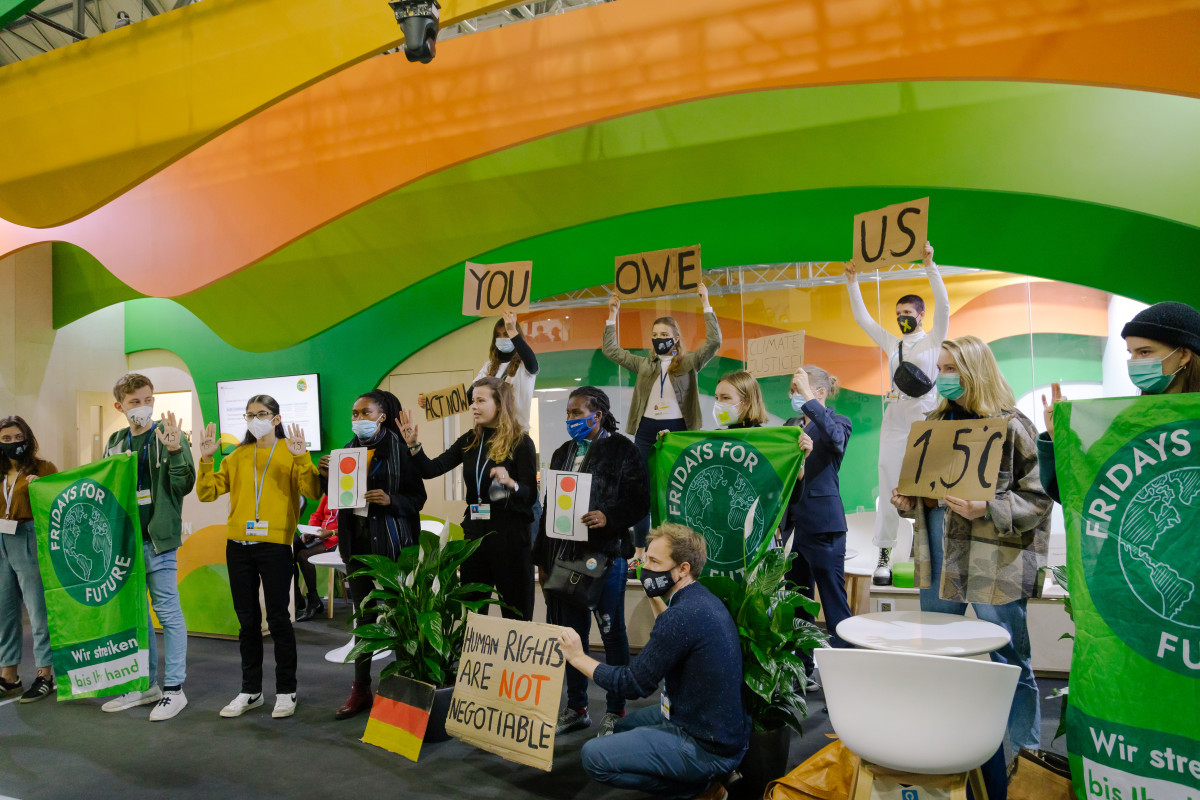Day 10 at COP26: Germany stresses need for both ambitious political outcome & strong rulebook
German delegation stresses need for both ambitious political outcome and strong rulebook
Two days before the end of COP26, the German delegation has stressed the importance of achieving both an ambitious political outcome and a strong rulebook of implementation standards. “It is very important to us that there are no trade-offs between these two aspects,” environment ministry state secretary Jochen Flasbarth told journalists in Glasgow. “The political decision has a special visibility but a high ambition there must not be allowed to lead to compromise on the regulatory framework, which will shape the future of global climate policy for a very long time,” Flasbarth said.
As official negotiations are entering the final stretch, the British COP presidency has published texts both for the cover decision and the rulebook. The cover decision in particular was hotly debated in Glasgow as it – for the first time – contains a reference to a specific sector, calling “upon Parties to accelerate the phasing-out of coal and subsidies for fossil fuels”. Flasbarth said this was a “good sentence” that would definitely be supported by the German government.
He also highlighted that the text explicitly contains the target to limit global warming to 1.5°C but said what was missing now are further commitments by the major emitters to ratchet their climate action efforts before 2030. “What’s missing is a reference to those who essentially have to achieve these emission reductions,” Flasbarth said, arguing that it wasn’t the small island states who had to do the catching up on emission reductions in this decade but the big emitters, especially those “that have presented long-term targets but have not adjusted their NDCs for 2030”. “We have to make it clearer in the coming days who actually has to act here,” Flasbarth said, saying that it is the G20 who are responsible for 80 percent of emissions.
Fridays for Future calls for coalition agreement in line with 1.5° target
A group of activists from Fridays for Future took to the corridors of the government delegation representations at COP26 for a protest, calling on the prospective next German government coalition to ensure an agreement in line with the 1.5° target. With the slogan “You owe us”, the group which included activists from regions already strongly affected by climate change aimed to remind the next government of what they see as a responsibility towards future generations. Germany must live up to its historic responsibility, said Inga Mühlheims. “This means that the coming government must provide sufficient funds for climate action and adaptation measures at both the national and international level.”
German coalition negotiators from the Social Democratic Party (SPD), the Greens and the pro-business FDP are knee-deep in talks over a government agreement to lay out the policy proposals which will shape the next four years. Today is the deadline for working groups to hand in their preliminary texts which the party leaderships will then combine in a coalition agreement.
Government dispute over e-fuels stops Germany from signing COP26 car pledge
The German government has refused to sign on to a COP26 climate summit declaration on zero emissions cars and vans because the transport and environment ministries could not agree on whether to include e-fuels in the country’s sustainable transport future. The UK-led COP declaration excludes the use of synthetic fuels in combustion engine cars, but German transport minister Andreas Scheuer, as well as parts of the car industry, call it a climate neutral option for future car transport. Germany’s prospective next government coalition of Social Democrats, Green Party and pro-business FDP also still had need for further debate, said state Secretary Jochen Flasbarth. German carmakers Volkswagen and BMW have also said they would not sign on to the pledge. BMW CEO Oliver Zipse said it is “short-sighted” and could even harm the climate if the necessary infrastructure and a clean power mix are not available at the same time. NGO representatives said they are disappointed that Germany has not signed on to something it sees as "business as usual".
Read the full article here.
Germany joins green shipping initiative
The German government signed up to a new initiative to establish emission free shipping corridors, launched by the UK COP26 presidency. The “Clydebank Declaration for green shipping corridors” seeks to enable maritime trade routes and port infrastructure to be used for ships running on zero-emission fuels. The goal is to establish six such corridors by 2025. Germany is one of 19 countries signing up to the initiative, including also France, the U.S., the UK, Japan, Canada, Australia and Denmark. International shipping is responsible for three percent of global CO2 emissions. Both the EU and the U.S. are in support of a climate neutral shipping industry by 2050.
For background on German freight transport emissions see our dossier here.






